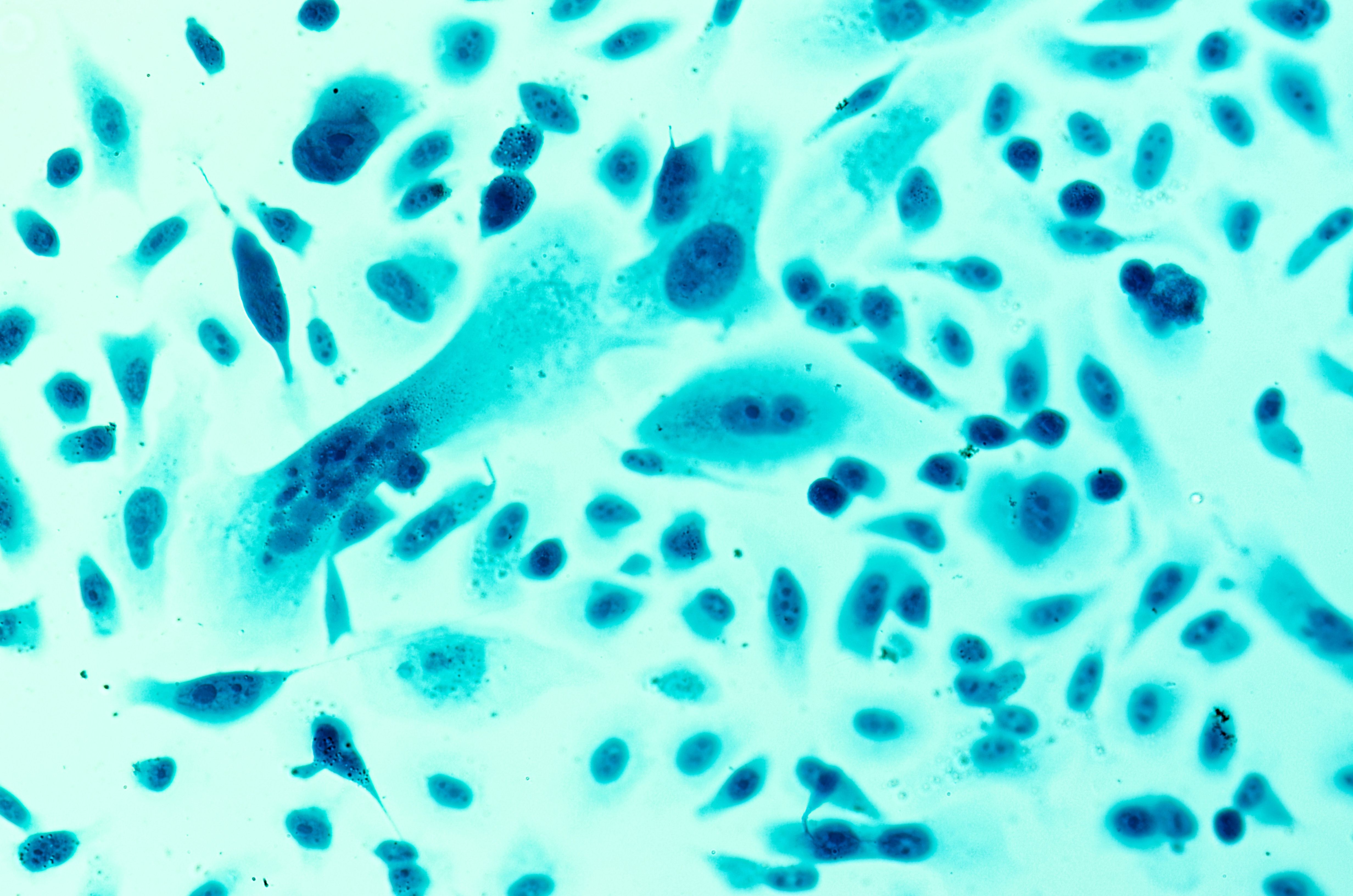ONCT-534 Gains FDA Fast Track Designation in mCRPC
The investigational agent is undergoing evaluation in a phase 1/2 trial for the treatment of relapsed or refractory metastatic castration-resistant prostate cancer resistant to androgen receptor pathway inhibitors.
- ONCT-534 is an investigational agent for the treatment of relapsed or refractory metastatic castration-resistant prostate cancer (mCRPC).1
- The FDA fast track designation (FTD) is designed to facilitate the development and expedite review of drugs that fill an unmet need in the market.2
- If relevant criteria are met, drugs that receive a fast-track designation are eligible for accelerated approval and priority review.2
Prostate cancer, bladder cancer, men's health care: © Tom - stock.adobe.com

The FDA has given ONCT-534 a FTD for investigation in the treatment of relapsed or refractory mCRPC resistant to androgen receptor pathway inhibitors (ARPIs).1
“The receipt of fast-track designation for ONCT-534 supports our belief that patients with mCRPC who relapse after treatment with ARPIs such as enzalutamide [Xtandi] or abiraterone [Zytiga], represent an important unmet medical need,” said James Breitmeyer, MD, PhD, president of Oncternal Therapeutics, ONCT-534’s manufacturer, in a press release.1 “We believe that due to ONCT-534’s novel mechanism of action, it may address important androgen receptor escape mechanisms that result in resistance to currently approved ARPIs.”
ONCT-534 interacts with the N-terminal and ligand-binding domains of androgen receptors (ARs), which inhibits cell growth and induces AR degradation. Preclinical data of ONCT-534 show activity in prostate cancer models against unmutated and mutated ARs.1
ONCT-534 is being investigated in a phase 1/2 study (NCT05917470) with an estimated enrollment of 59 patients. Phase 1 is investigating the maximum tolerated dose (MTD) of ONCT-534, and phase 2 is evaluating ONCT-534’s antitumor activity at tolerable doses.3
The trial’s primary end points are MTD of ONCT-534, safety and tolerability, reduction to prostate-specific antigen (PSA) by more than 50%, time to reduction of PSA by more than 50%, reduction of PSA by more than 90%, time to reduction of PSA by more than 90%, overall response rate, complete response rate, duration of response, and progression-free survival. Secondary end points include maximum plasma concentration, area under the curve, and anti-tumor activity with the AR phenotype.
Phase 1 is testing 5 different dosages of ONCT-534. Patients will receive 40, 80, 160, 300, or 600 mg daily administered orally. Only 2 dose levels will be evaluated in phase 2 after data from phase 1 is reviewed.
Prostate cancer under the microscope: © heitipaves - stock.adobe.com

To be considered eligible for the trial, patients must be over the age of 18, have histologically documented metastatic adenocarcinoma of the prostate, have a history of mCRPC, have relapsed or refractory disease following treatment with at least 1 AR-signaling inhibitor, have an ECOG performance status of 0-2, have adequate renal and hepatic function, and be committed to abstinence or use a highly effective form of contraception during the duration of the study.
Patients are not eligible for the trial if they have small cell prostate cancer or neuroendocrine disease histology, have metastases to the brain or central nervous system, are taking concurrent anti-cancer therapy, are taking a strong CYP3A4 inhibitor or a CYP2C9 or CYP2C19 substrate, have had major surgery with 30 days of starting the trial, have an active seizure disorder, or have evidence of an HIV or hepatitis infection.
The trial is recruiting and has an estimated completion date of January 2028.3